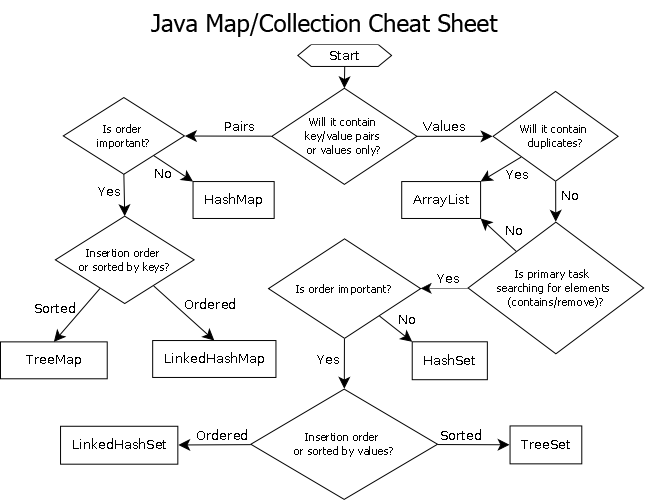Member-only story
Understanding Object-Oriented Programming (OOP) Principles in Java
Java, being one of the most popular programming languages in the world, is built around the principles of Object-Oriented Programming (OOP). OOP enables developers to structure software in a modular way, which enhances readability, maintainability, and scalability. In this blog, we’ll explore the four fundamental principles of OOP in Java: Encapsulation, Abstraction, Inheritance, and Polymorphism.
1. Encapsulation
Encapsulation refers to bundling data (variables) and methods that operate on the data into a single unit or class. It helps in restricting direct access to certain components of an object, ensuring that the internal implementation details of a class are hidden from the outside world. This leads to increased data security and integrity, as well as providing a controlled way to access and modify the data.
How Encapsulation Works in Java:
In Java, we achieve encapsulation by declaring class variables as private and providing public getter and setter methods to access and update them.
Example:
class Person {
private String name;
private int age;
// Getter method for name
public String getName() {
return name;
}
// Setter method for name
public void setName(String name) {
this.name = name;
}
// Getter method for age
public int getAge() {
return age;
}
// Setter…







